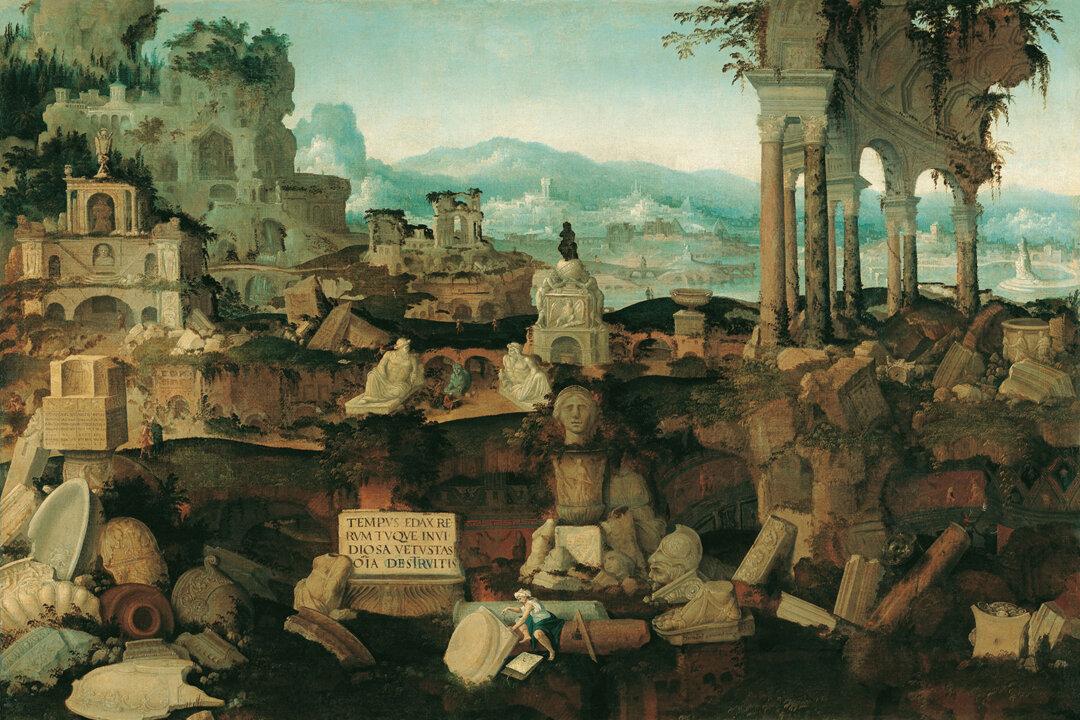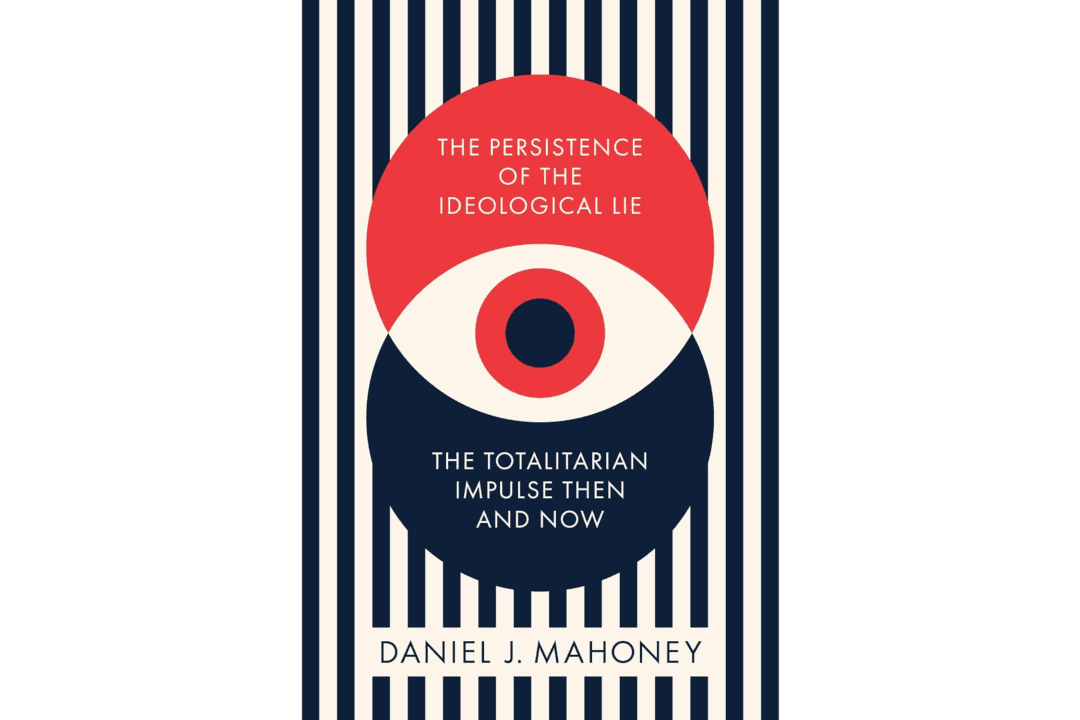The “Dissident American Thought Today” series is a project of St. Augustine’s Press in South Bend, and “The End of Liberalism” is surely one of its finest entries. Its author, Chilton Williamson Jr., should be better known as a public intellectual, especially given his past service as literary editor for the National Review and editor of Chronicles, both high-wattage beacons of learned, cerebral, conservative thought.
Mr. Williamson’s expansive knowledge of conservative and other western thinkers and authors is on display in virtually every page of this paperback. His father, Chilton Sr., was a professor of history at Barnard College, so one can imagine the author’s childhood breakfast discussions focusing on de Tocqueville, John Locke and Montesquieu, versus mundane but typical American morning topics like baseball box scores, lunch menus and weekend plans. He is a genuine polymath.






